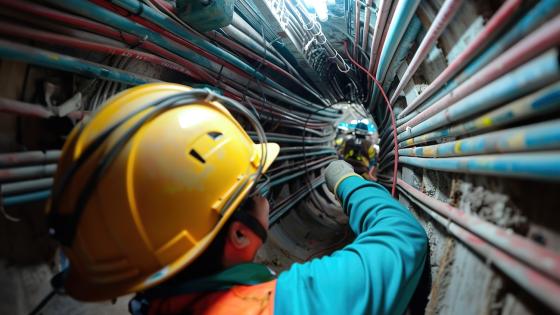DP16534 The Long-Term Effects of Industrial Policy
This paper provides causal evidence on the impact of a large-scale industrial policy -- South Korea's Heavy and Chemical Industry (HCI) Drive -- on firms' long-term performance and quantifies its long-term welfare effects. Using unique historical data on the universe of firm-level subsidies and a natural experiment, we find large and persistent effects of this industrial policy. Subsidized firms grew faster than those never subsidized for 30 years after subsidies ended. Firms upstream from the subsidized firms also benefited from the policy. We build a quantitative heterogeneous firm model that rationalizes these effects through a combination of learning-by-doing and financial frictions. The model is calibrated to firm-level data, and its key parameters are disciplined with the econometric estimates. The HCI Drive generated larger benefits than costs. If it had not been implemented, South Korea's welfare would have been 10-17% lower, depending on how long-lived are the productivity benefits of learning-by-doing. The large majority of the total welfare impact comes from the long-term benefits of learning-by-doing rather than short-term benefits of relaxing financial constraints.


